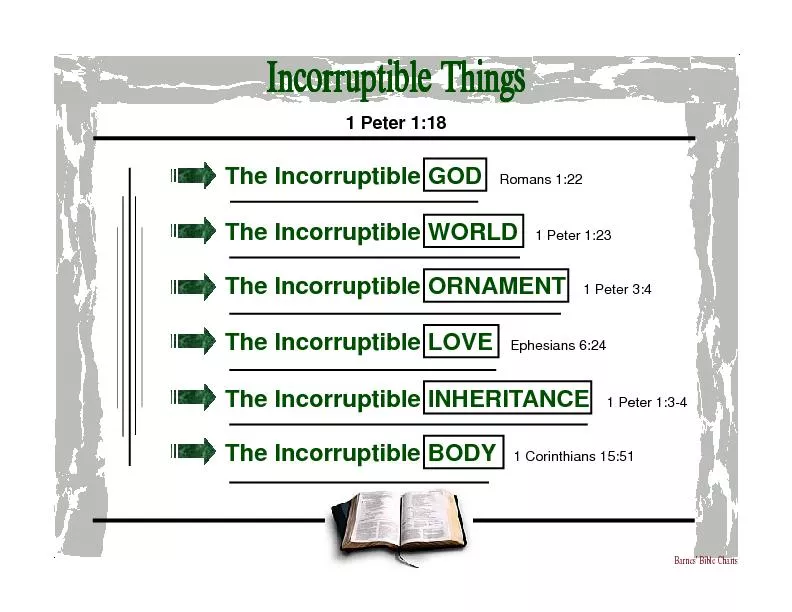PDF-replied my guide; now. Weve been working away pretty hard at things w
Author : tatyana-admore | Published Date : 2015-11-30
twice a week and plumduff on Saturdays At five oclock there istea and at ten the lights are put out and everbody goes to bed Weapothecary all together in fraternity
Presentation Embed Code
Download Presentation
Download Presentation The PPT/PDF document "replied my guide; now. Weve been workin..." is the property of its rightful owner. Permission is granted to download and print the materials on this website for personal, non-commercial use only, and to display it on your personal computer provided you do not modify the materials and that you retain all copyright notices contained in the materials. By downloading content from our website, you accept the terms of this agreement.
replied my guide; now. Weve been working away pretty hard at things w: Transcript
Download Rules Of Document
"replied my guide; now. Weve been working away pretty hard at things w"The content belongs to its owner. You may download and print it for personal use, without modification, and keep all copyright notices. By downloading, you agree to these terms.
Related Documents














